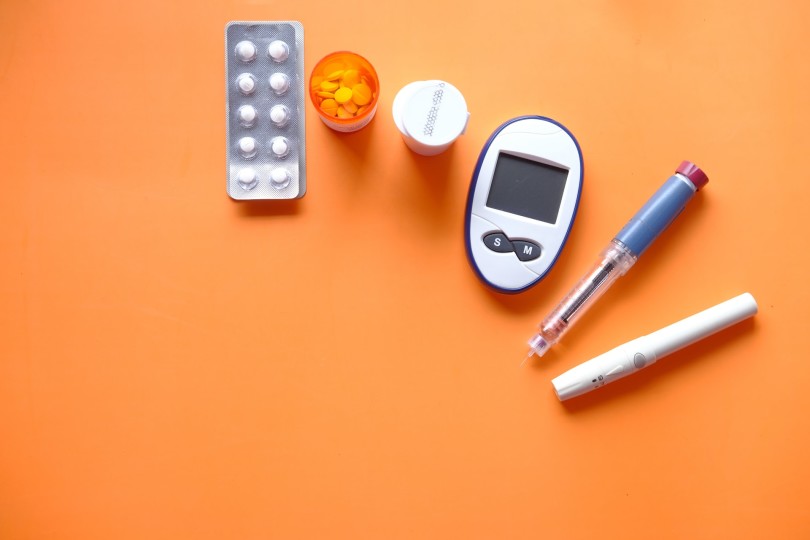22 Apr 24
Lab ChatLabworx
The Global News Source for the World of Science and Chemicals
How is the UAE supporting DIABETES RESEARCH?
11 April 2022
Lab Chat
His Highness Sheikh Mohamed bin Zayed al Nahyan, the Crown Prince of Abu Dhabi, has announced the UAE will be supporting diabetes research in the shape of a lucrative grant to the Douglas Melton Laboratory, one of the most prestigious research institutions in the world.
Part of the Harvard Stem Cell Institute, the Laboratory is at the cutting edge of diabetes research and the influx of cash from the Crown Prince’s grant will go a long way in furthering its progress. As part of the same arrangement, two of the UAE’s best and brightest academic talents will join the team at Harvard.
Ground-breaking research
The Douglas Melton Laboratory is widely regarded as one of the leading authorities in diabetic research. In particular, the institute has enjoyed encouraging preliminary results in the field of stem cell-derived islet cells. By converting human pluripotent stem cells into beta cells capable of generating their own insulin, the team at the lab are confident of being able to make an infinite supply of implantable cells.
“The next challenge for us is to protect the transplanted beta cells from the recipient’s immune rejection,” explained Dr Melton, co-director of the Harvard Stem Cell Institute. “If our strategies are successful, this will lead to a future where beta cell therapy becomes the standard treatment for patients with diabetes.”
Collaboration is key
As such, the UAE could play an instrumental part in revolutionising how Type 1 diabetes is treated in the future, potentially affording a massive increase in the quality of life of those diagnosed with the disease. Given that the UAE is already regarded as an industry leader in many aspects of this type of research, from storing and transporting blood samples at appropriate temperatures to analysing them for traces of the disease with the latest laboratory techniques, the collaboration is a logical one.
What’s more, the UAE stands to benefit by sending two of the most talented research fellows from its impressively large pool of respected academics. By having scientists on hand to witness, learn from and potentially contribute to the ground-breaking research being carried out in Boston, USA, Emirati science will gain in experience, knowledge and recognition on the international stage.
Measuring milestones
As Dr Melton outlined above, the first priority for the research team after reception of the Crown Prince grant money will be to produce beta cells that can escape rejection by a subject’s immune system. At the same time, they will also be investigating the immune cells which are responsible for this rejection in the first place, so as to encounter a means to disable them.
After these milestones have been achieved, the final stage of the process will involve successfully transplanting the stem cell islets into a human diagnosed with Type 1 diabetes. At this point, the treatment should help to neutralise the effects of the disease on a permanent basis, thus effectively curing the patient entirely.
DOWNLOAD PDF

2 Day Seminar Program
@ ArabLab+ 2024
24 & 25 September 2024
Your stay in Dubai
Labkit
Product News
Chemkit
Product News
Thinking about exhibiting at ARABLAB 2024? Watch our video to find out more.
Join the world’s leading organisations…
Get in touch and stay in touch…
Join our mailing list and receive the ARABLAB newsletter and event updates.





















